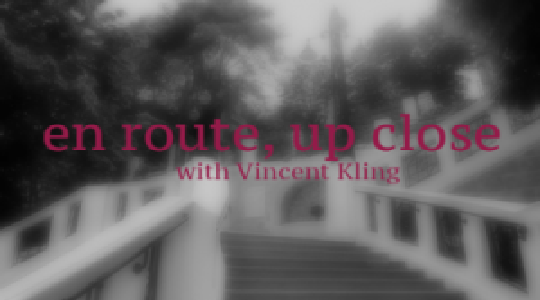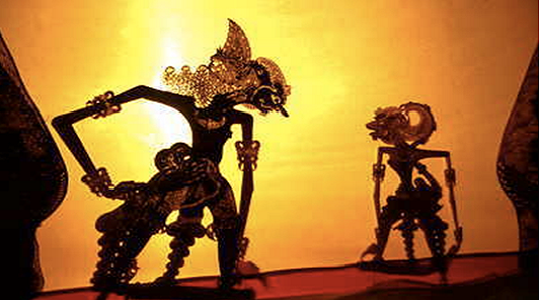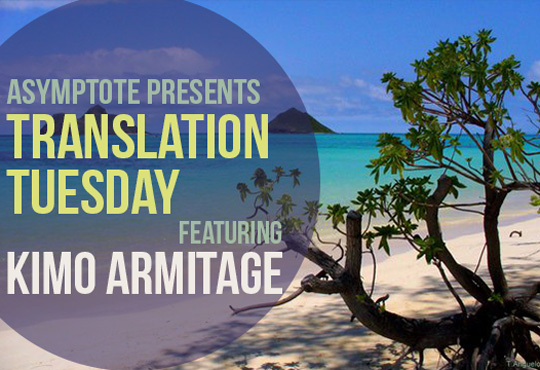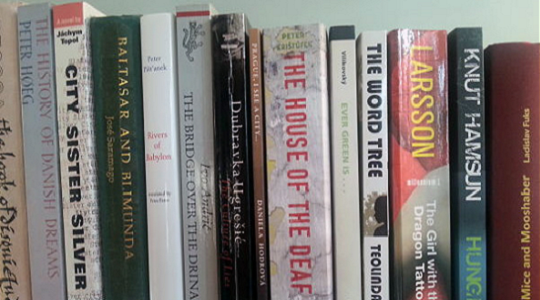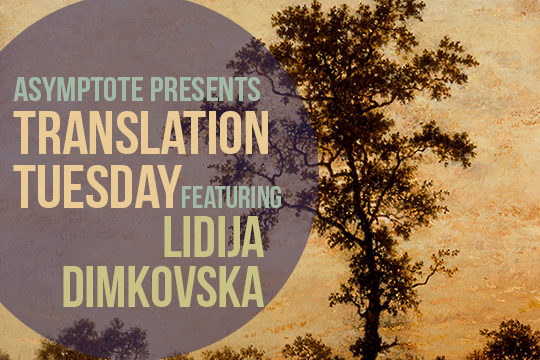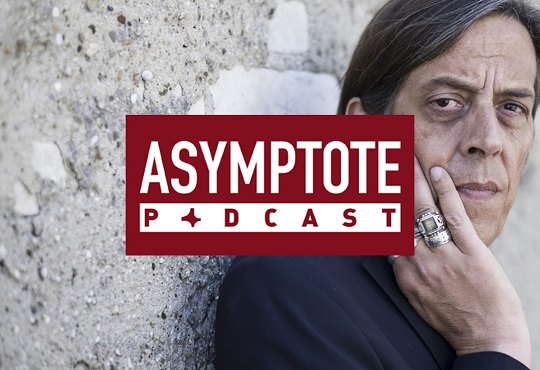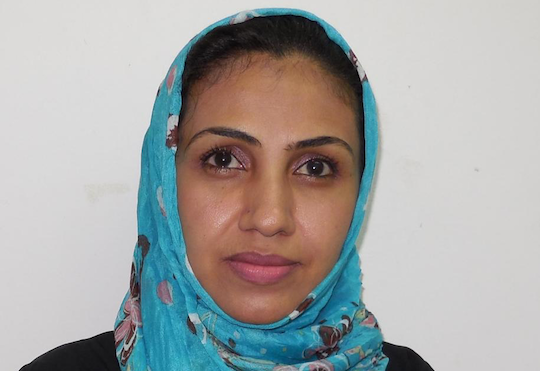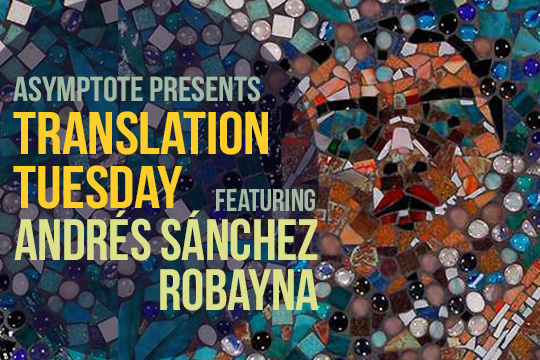This week we will bring you up to speed on what’s happening in Central America, Morocco, and Spain. José brings us the latest news from the world of independent bookstores and publishing houses that are a treat for bibliophiles in Central America. Layla too has updates about exciting literary festivals and meets in Spain which bring book lovers together. Jessie shares some sad news from Morocco which however, on an optimistic note, reminds us of the universal reach of literature.
José García, a cultural journalist from Guatemala, covers Central America for us this week:
On June 20 in San José, Costa Rica, Uruk Editores released Bernabé Berrocal’s second novel Archosaurio (Archosaur). Fellow Costa Rican writers like Aquileo J. Echeverría Prize winner Warren Ulloa and philologist Manuela Álvarez Escobar have called Archosaurio disturbing and captivating.
In late 2016 los tres editores publishing house announced its creation in Costa Rica. On June 21 they revealed their first title, Vamos a tocar el agua (Let’s Go Touch the Water) by Luis Chaves, a celebrated author of eleven books, whose work has been translated into German and is considered one of the leading figures of contemporary in Costa Rican poetry. los tres editores is yet to announced the publication date of Chaves’s book.
Additionally, the renowned Guatemalan writer Eduardo Halfon and Guggenheim fellow—whose work has been translated into several language including English, French, and Italian—on June 22 presented his novels Pan y Cerveza (Bread and Beer) and Saturno (Saturn). These novels were originally published by Alfaguara in 2003 as a single book titled Esto no es una pipa, Saturno (This is not a pipe, Saturno), and are now separate, as the author originally intended them to be. Pan y Cerveza and Saturno were published thanks to the work of Guatemalan bookstore SOPHOS and Spanish publishing house Jekyll & Jill. Eduardo has also a new book entitled Duelo (Duel) coming out later this year.


